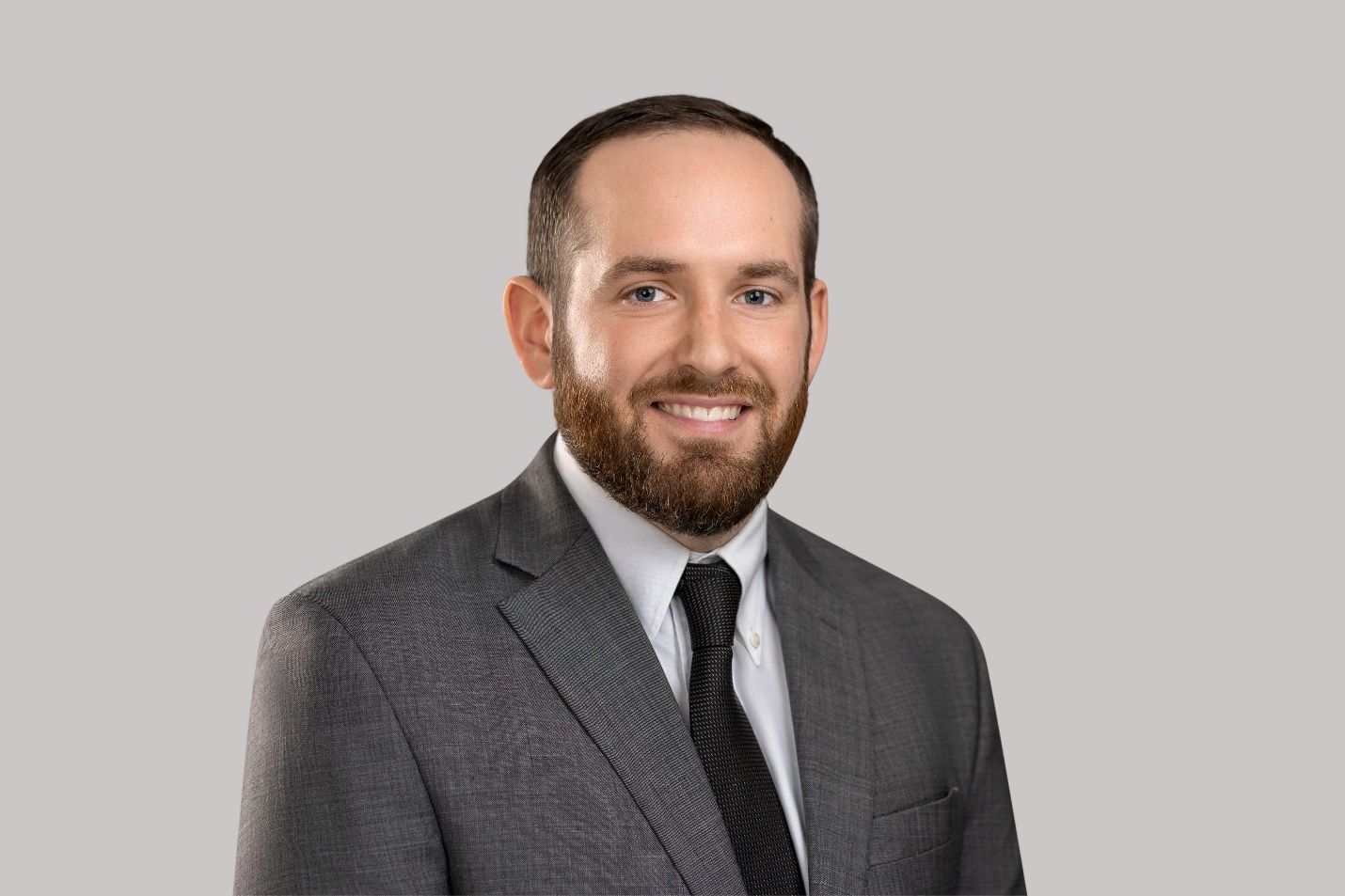Restaurant Insurance 101: What Pennsylvania Owners Need to Know
See How We're Different
or call us: 717-626-9262
Operating a restaurant in Pennsylvania can be both rewarding and challenging. With the vibrant culinary scene and diverse clientele, restaurant owners must navigate various risks associated with their business. One of the most crucial aspects of managing these risks is having the right insurance coverage. This article provides a comprehensive overview of restaurant insurance, specifically tailored for Pennsylvania owners.
Understanding Restaurant Insurance
Restaurant insurance is a specialized form of coverage designed to protect business owners from the unique risks associated with running a food service establishment. This type of insurance typically combines several different coverage types into a single policy, ensuring comprehensive protection against various potential liabilities.
The Importance of Insurance for Restaurant Owners
Every restaurant owner faces a multitude of risks, from property damage to employee injuries. Insurance acts as a safety net, providing financial support in the event of unforeseen circumstances. Without adequate coverage, a single incident could jeopardize the entire business.
Moreover, many customers and vendors expect businesses to carry insurance. Having the appropriate policies in place can enhance credibility and trust, making it easier to attract customers and build strong relationships with suppliers. In an industry where reputation is everything, demonstrating that you are insured can also serve as a marketing tool, showcasing your commitment to safety and professionalism.
Additionally, restaurant owners must navigate a complex landscape of regulations and compliance requirements. Insurance can help mitigate the financial burden of legal fees and settlements that may arise from lawsuits or regulatory actions. By investing in comprehensive coverage, owners can focus more on their culinary creations and customer service, rather than worrying about potential legal repercussions.
Types of Insurance Coverage
Restaurant insurance typically includes several key coverage types, each addressing different aspects of risk. Understanding these can help restaurant owners make informed decisions about their policies.
- General Liability Insurance: This coverage protects against claims of bodily injury or property damage that occur on the restaurant premises.
- Property Insurance: This policy covers damage to the restaurant's physical assets, including the building, equipment, and inventory.
- Workers' Compensation Insurance: Required in Pennsylvania, this insurance provides benefits to employees who suffer work-related injuries or illnesses.
- Business Interruption Insurance: This coverage compensates for lost income due to a covered event that disrupts normal operations.
In addition to these essential coverages, restaurant owners may also consider specialized policies that cater to their specific needs. For instance, liquor liability insurance is crucial for establishments that serve alcohol, protecting against claims related to intoxicated patrons. Similarly, food spoilage insurance can be invaluable for restaurants that rely heavily on fresh ingredients, as it covers losses incurred due to power outages or equipment failures that compromise food safety.
Furthermore, as the restaurant industry evolves, new risks emerge, such as cyber threats and data breaches. Cyber liability insurance can safeguard against losses resulting from hacking incidents, especially for restaurants that utilize online reservations or payment systems. By staying informed about the various types of coverage available, restaurant owners can tailor their insurance policies to effectively address both traditional and modern risks in the food service sector.
Key Considerations for Pennsylvania Restaurant Owners
While the fundamental principles of restaurant insurance apply universally, Pennsylvania owners must consider specific state regulations and local market conditions that can affect their coverage needs.
State Regulations and Requirements
In Pennsylvania, certain types of insurance are mandatory for restaurant owners. For instance, workers' compensation insurance is legally required for businesses with employees. Failure to comply with this regulation can lead to severe penalties, including fines and potential lawsuits.
Additionally, Pennsylvania has specific laws regarding liquor liability insurance for establishments that serve alcohol. This coverage is essential for protecting against claims arising from incidents involving intoxicated patrons. Given the vibrant nightlife in cities like Philadelphia and Pittsburgh, where restaurants often serve alcohol, having adequate liquor liability coverage is not just a legal requirement but a critical component of risk management.
Assessing Risks Unique to Pennsylvania
Each restaurant faces unique risks based on its location, size, and type of cuisine. In Pennsylvania, factors such as seasonal weather conditions and local crime rates can influence the likelihood of certain incidents occurring. For example, restaurants in areas prone to heavy snowfall may need additional coverage for snow-related damages. Moreover, establishments located in urban settings may face higher risks of theft or vandalism, necessitating a thorough evaluation of security measures and insurance options.
Moreover, understanding local health regulations and codes is crucial. Non-compliance can lead to fines and even temporary closures, making it essential for restaurant owners to ensure their insurance policies align with state and local requirements. Furthermore, Pennsylvania's diverse culinary landscape means that restaurants must also navigate specific food safety regulations that can vary by county. For instance, establishments that serve locally sourced ingredients may be subject to different health inspections than those that rely on imported goods, highlighting the importance of tailored insurance coverage that addresses these nuances.
Choosing the Right Insurance Provider
Selecting the right insurance provider is a critical step for restaurant owners. The right insurer can make a significant difference in the level of service and support received during a claim process. A well-chosen insurance partner not only protects your business but also contributes to its stability and growth, allowing you to focus on delivering exceptional dining experiences to your customers.
Researching Potential Providers
Start by researching insurance companies that specialize in restaurant coverage. Look for providers with a strong reputation and positive customer reviews. It’s also beneficial to seek recommendations from fellow restaurant owners or industry associations. Engaging with local restaurant networks or attending industry conferences can provide firsthand accounts of various insurers’ reliability and customer service, helping you make a more informed decision.
Once a list of potential providers is compiled, evaluate their financial stability and claims handling process. An insurer with a solid financial rating is more likely to fulfill its obligations in the event of a claim. Furthermore, consider the provider's experience with restaurants similar to yours; those who understand the nuances of your specific cuisine or service style may offer better-tailored coverage options.
Understanding Policy Details
Before committing to a policy, it’s essential to thoroughly review the terms and conditions. Pay close attention to coverage limits, deductibles, and exclusions. Understanding these details can prevent unpleasant surprises when filing a claim. For instance, some policies may have specific exclusions for natural disasters or equipment breakdowns, which could be critical for your restaurant’s operations.
Additionally, consider discussing your specific needs with an insurance agent. They can provide valuable insights and help tailor a policy that adequately covers the unique risks of your restaurant. It’s also wise to inquire about additional coverage options, such as business interruption insurance, which can safeguard your income in the event of unforeseen disruptions. By taking the time to understand and customize your insurance policy, you can ensure that your restaurant is well-protected against potential risks and challenges that may arise in the future.
Cost Factors in Restaurant Insurance
The cost of restaurant insurance can vary significantly based on several factors. Understanding these elements can help owners budget appropriately and find the best coverage at a competitive price.
Factors Influencing Insurance Premiums
Several key factors can impact the cost of restaurant insurance premiums, including:
- Location: Restaurants in high-crime areas or regions prone to natural disasters may face higher premiums.
- Type of Cuisine: Certain types of food service establishments may be considered higher risk, influencing insurance costs.
- Size of the Restaurant: Larger establishments with more employees and higher revenue typically incur higher premiums.
- Claims History: A history of frequent claims can lead to increased premiums, as insurers may view the business as higher risk.
Finding Affordable Coverage
While insurance is a necessary expense, there are ways to find affordable coverage. Shopping around and comparing quotes from multiple providers can yield significant savings. Additionally, consider bundling policies, such as general liability and property insurance, to take advantage of multi-policy discounts.
Implementing safety measures and loss prevention strategies can also lead to lower premiums. Insurers often offer discounts for restaurants that demonstrate a commitment to safety, such as installing security systems or conducting regular employee training on food safety and injury prevention.
Moreover, the choice of your insurance provider can greatly influence your premium costs. Some insurers specialize in specific types of businesses, which may offer tailored coverage options that meet the unique needs of your restaurant. Engaging with an insurance broker who understands the nuances of the food service industry can also be beneficial. They can help navigate the complex landscape of insurance policies and identify potential gaps in coverage that could expose your business to risk.
Additionally, understanding the various types of coverage available is essential for making informed decisions. Beyond standard policies, consider options like business interruption insurance, which can provide financial support in the event of unforeseen closures due to disasters or other emergencies. This type of coverage can be crucial for maintaining cash flow and ensuring that your restaurant can recover and reopen after a setback.
Claims Process: What to Expect
Understanding the claims process is vital for restaurant owners. Knowing what to expect can help streamline the experience and ensure that claims are handled efficiently.
Filing a Claim
In the event of an incident, the first step is to notify the insurance provider as soon as possible. Most insurers have a dedicated claims department that can guide owners through the process. It’s essential to provide detailed information about the incident, including any relevant documentation, such as photographs or witness statements.
After filing a claim, the insurer will typically assign a claims adjuster to investigate the situation. This individual will assess the damage, gather information, and determine the validity of the claim. Being responsive and cooperative during this stage can expedite the process. Additionally, it’s beneficial for restaurant owners to keep a record of all communications with the insurance company, including dates, times, and the names of representatives spoken to. This documentation can be invaluable if any disputes arise later in the process.
Understanding Claim Denials
Unfortunately, not all claims are approved. Common reasons for claim denials include insufficient coverage, failure to comply with policy terms, or lack of evidence supporting the claim. If a claim is denied, restaurant owners have the right to appeal the decision. This often involves providing additional documentation or clarification to support the claim.
Moreover, it’s crucial for restaurant owners to thoroughly review their insurance policies to understand the coverage limits and exclusions. Many policies have specific requirements that must be met for a claim to be valid, such as timely reporting of incidents or maintaining certain safety protocols. By being proactive and familiarizing themselves with these details, owners can better prepare for potential claims and minimize the risk of denial. Engaging with an insurance professional can also provide insights into optimizing coverage and ensuring that all aspects of the restaurant’s operations are adequately protected.
Common Insurance Myths Debunked
There are many misconceptions surrounding restaurant insurance that can lead to confusion and misinformed decisions. Debunking these myths can help owners make better choices regarding their coverage.
Myth 1: All Insurance Policies Are the Same
One of the most prevalent myths is that all insurance policies offer the same coverage. In reality, policies can vary significantly in terms of coverage limits, exclusions, and additional endorsements. It’s crucial for restaurant owners to carefully review their options and select a policy that meets their specific needs. For instance, a policy tailored for a fine dining establishment may include coverage for high-value wine collections or specialized equipment, while a fast-casual restaurant might prioritize coverage for food spoilage due to equipment failure. Understanding these nuances can help owners avoid gaps in coverage that could prove detrimental in the event of a claim.
Myth 2: Insurance Is Too Expensive
While insurance can be a significant expense, many owners overlook the potential costs of being uninsured or underinsured. A single incident can lead to financial devastation without proper coverage. Moreover, there are affordable options available, especially when shopping around and taking advantage of discounts. Many insurers offer bundled packages that can reduce premiums, and some even provide incentives for implementing safety measures or employee training programs. By investing in comprehensive coverage, restaurant owners can safeguard their business against unforeseen events, ultimately saving money in the long run by avoiding crippling financial losses.
Myth 3: Only Large Restaurants Need Insurance
Another common misconception is that only large or high-revenue restaurants require insurance. In reality, all restaurants, regardless of size, face risks that can lead to costly claims. Small establishments are just as vulnerable to incidents that could threaten their financial stability. For example, a small café could face significant liability claims from a slip-and-fall accident or damage to a customer's property. Furthermore, many small restaurants operate on thin margins, making it even more critical to have insurance that protects against potential liabilities. By recognizing that every restaurant needs a tailored insurance strategy, owners can better prepare themselves for the unexpected challenges that come with running a food service business.
Conclusion
Restaurant insurance is an essential component of running a successful food service establishment in Pennsylvania. By understanding the various types of coverage available, the specific risks associated with their business, and the claims process, owners can make informed decisions that protect their investment.
As the culinary landscape continues to evolve, staying informed about insurance needs and industry trends will help restaurant owners navigate challenges and seize opportunities. With the right insurance coverage in place, Pennsylvania restaurant owners can focus on what they do best: serving delicious food and providing exceptional dining experiences.




